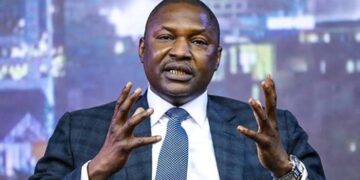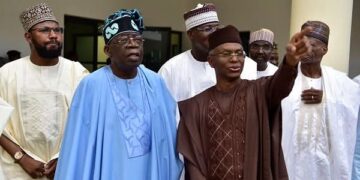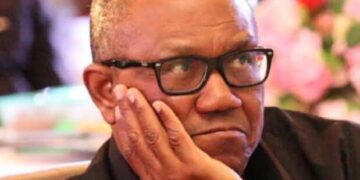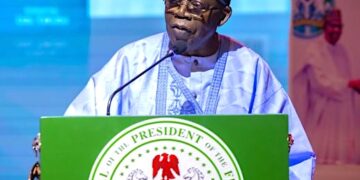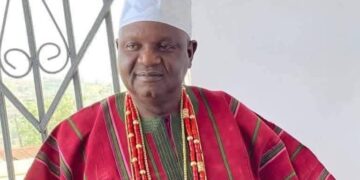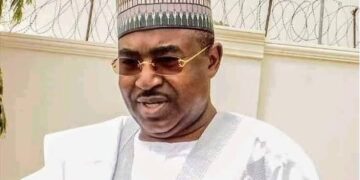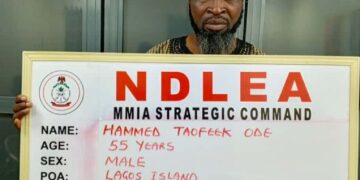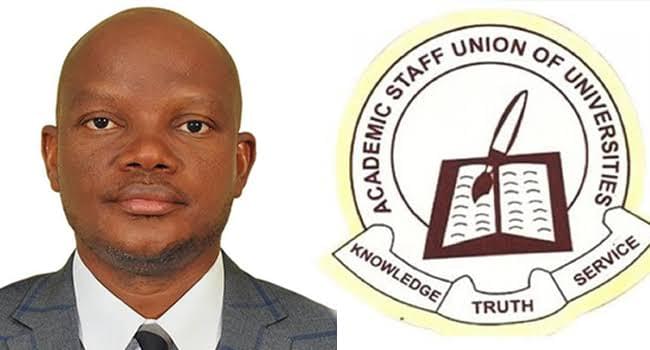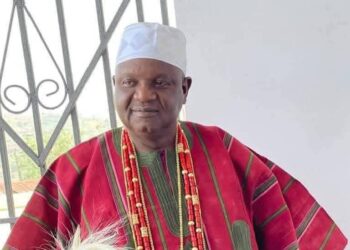The Academic Staff Union of Universities (ASUU) has raised fresh concerns over what it described as the “gradual collapse” of Nigeria’s public universities, revealing that no fewer than 309 professors have left the nation’s university system since the union’s last strike.
The disclosure was made during a town hall meeting organised by the ASUU Usmanu Danfodiyo University, Sokoto (UDUS) branch at the institution’s City Campus on Saturday. The forum brought together academics, students, civil society leaders, traditional rulers, and the media to discuss the state of higher education in Nigeria.
Speaking at the meeting, the ASUU Zonal Chairman for Sokoto, Kebbi, Zamfara, and Katsina States, Professor Abubakar Sabo, lamented that poor working conditions, unpaid entitlements, and government insincerity had forced hundreds of senior academics to seek better opportunities abroad.
“From the last action we had until now, we lost about 309 professors who left public universities — some to private institutions within Nigeria, others to the UK, Saudi Arabia, Cameroon, and beyond,” Sabo said.
“Our intellectual breadth has been driven out of the public universities because the conditions of service no longer make it possible for many to stay and teach.”
Sabo criticised what he termed the Federal Government’s “deceptive and frustrating” approach to university funding and the repeated failure to implement critical aspects of agreements signed with ASUU after several rounds of renegotiation.
“The committee headed by Alhaji Yayale Ahmed submitted its report since January 2025, yet nothing has been done,” he said. “We gave a two-week ultimatum, and when the heat became intense, they started calling us — only to invite other unions like those in polytechnics and colleges of education to complicate the process.”
According to him, ASUU’s demands remain consistent — improved funding for public universities, respect for university autonomy, full implementation of agreements on earned academic allowances, and better conditions of service to stem the ongoing brain drain.
Earlier in his remarks, Professor Muhammad Nurudeen Almustapha, Chairperson of ASUU-UDUS, said the town hall meeting was part of efforts to awaken public consciousness about the deteriorating state of Nigerian universities.
“Over the years, ASUU has, unfortunately, become synonymous with strikes and closures because, after each agreement, there’s little or no follow-up by the government to honour its commitments until another crisis erupts,” Almustapha said.
He expressed disappointment that despite more than a year of negotiations, the government had yet to act on the Yayale Ahmed Committee’s recommendations, describing the situation as a cycle of “broken promises and dashed hopes.”
Participants at the meeting — drawn from academia, civil society organisations, student bodies, and the media — expressed fears that unless urgent steps are taken, Nigeria’s public universities may soon lose their relevance and global competitiveness.
Professor Sabo warned that the union might have no choice but to “apply other measures” if the government continues to ignore the plight of university lecturers.
“We have been patient long enough,” he declared. “Our primary responsibility is to salvage public universities. Until the government does the needful, we will not fold our arms while the system collapses.”


